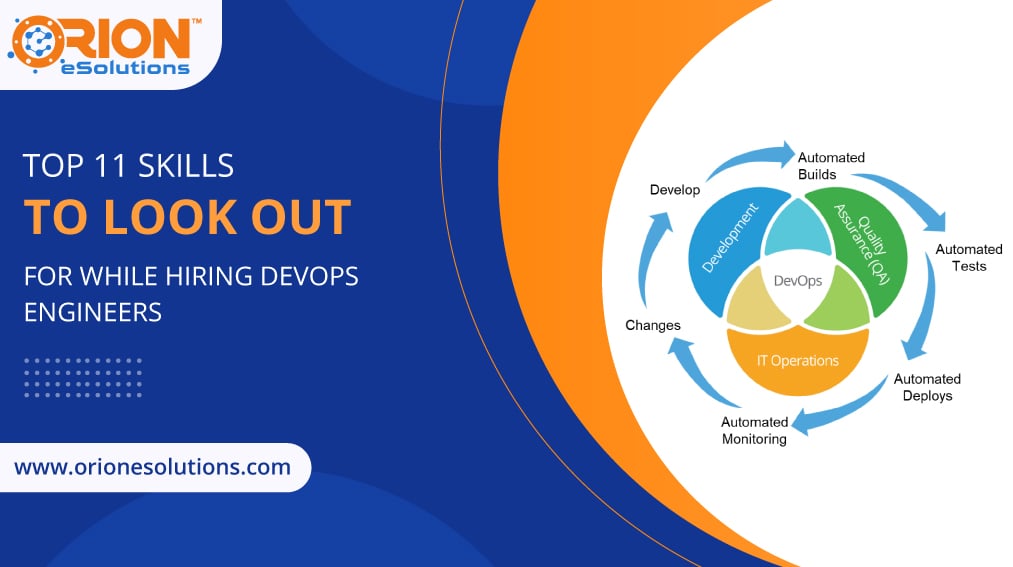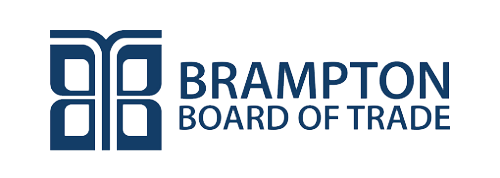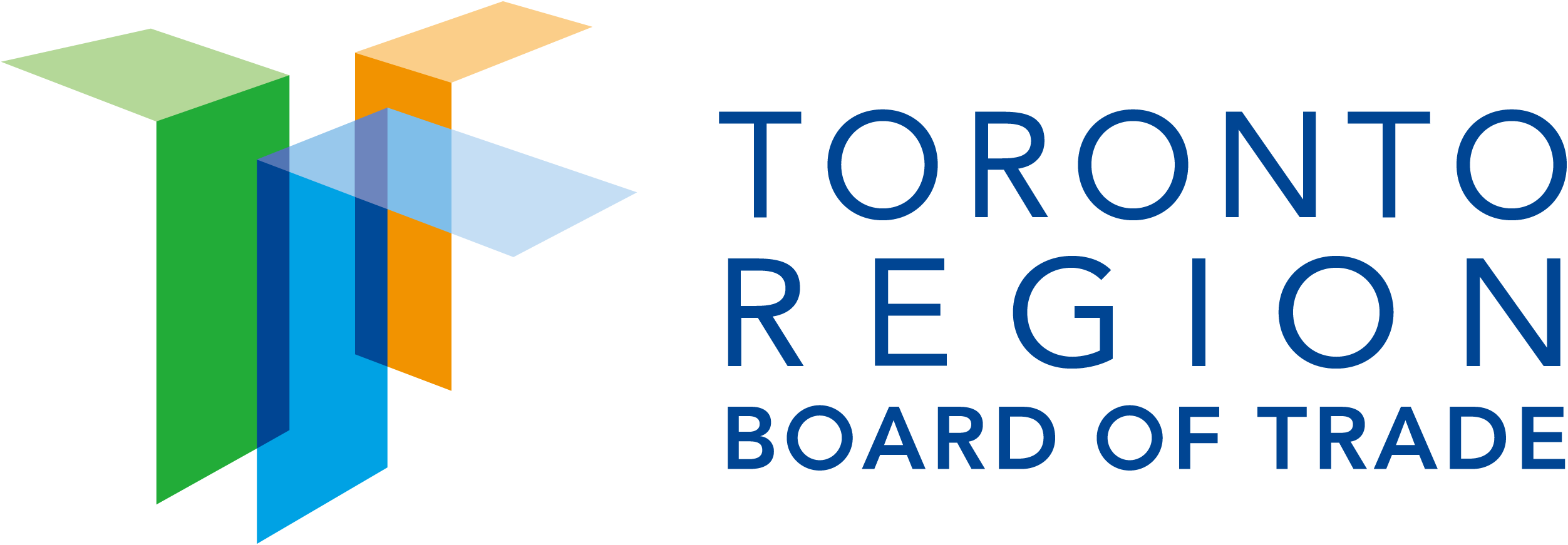Companies that incorporate DevOps practices get more done. It is as simple as that. The technical benefits include continuous delivery, easier management, easier to manage, and faster problem solving. In addition to this, there are cultural benefits like more productive teams, better employee engagement, and better development opportunities.
With these wide ranging benefits, it comes as no surprise that the future looks eminent for companies using DevOps practices. The market looks good too. According to Markets and Markets,
- DevOps market size was at $2.9 Billion in 2017 and is expected to reach $10.31 Billion by 2023.
- The CAGR expected to be exhibited by the market is 7%.
This growth is due to the added business benefits of faster feature delivery, much more stable operating environments, improved collaboration, better communication, and more time to innovate rather than fix or maintain.
The DevOps ecosystem is riddled with industry leaders such as CA Technologies, Atlassian, Microsoft, XebiaLabs, CollabNet, Rachspace, Perforce, and Clarive among others. With the industry leaders adopting this culture, it is only a matter of time before DevOps becomes the standard practice of integrating development and operations to ensure a smoother workflow.
If you have decided to restructure your workflow using the more efficient DevOps architecture, you will need to hire the best DevOps engineers that the market has to offer. Here, we will discuss the various aspects that need to be evaluated in order to estimate the proficiency of the developer that you intend to hire.
11 SKILLS TO LOOK FOR IN A DEVOPS ENGINEER
According to “Enterprise DevOps Skills” Report, there are 7 skill spheres that are most important when it comes to DevOps engineers. The list includes automation skills, process skills, soft skills, functional knowledge, specific automation, business skills, and specific certifications. However, we have gone one step further to include 11 specific skill sets needed for a DevOps engineer. This is not an exhaustive list, this is an unavoidable list.
Configuration management DevOps tools like Chef, Ansible, and Puppet have based their architecture on the Linux master nodes. For infrastructure automation, having Linux experience is crucial.
These tools come under the spheres of collaboration, issue tracking, cloud/IaaS/PaaS, CI/CD, package managers, source control, continuous testing, release orchestration, monitoring, and analytics.
Continuous integration and continuous delivery is the soul of DevOps. A better understanding of this principle helps the engineer to deliver high quality products at a faster pace.
In the DevOps community, Infrastructure as Code is the latest practice. Through abstraction to a high level programming language, this practice helps in managing infrastructures. It aids the applications of version control, tracking, and repository storing.
-
KEY CONCEPTS
The traditional silos between business, development, and operations are eliminated by the integration of DevOps. The key concept is to create a cross-functional environment of better collaboration and a seamless workflow. The engineer must have grasped this idea completely and do away with time wasters like code transfer between teams and also be proficient in automating most of the tasks.
-
SOFT SKILLS
Since collaboration is key for DevOps to function in its entire glory, soft skills are as necessary as technical expertise. Soft skills include communication, listening, self control assertiveness, conflict resolution, empathy, positive attitude, and taking ownership.
-
CUSTOMER CENTRICITY
The engineer must be able to put themselves in the shoes of the customer and take decisions that address the consumer demands.
-
SECURITY
Speed, automation, and quality is the core of DevOps. This is where the secure practice of DevSecOps comes takes form. With increased coding speed, vulnerabilities follow. The engineer must be equipped to write codes that are protected from various attacks and vulnerabilities.
-
FLEXIBILITY
The engineer must have immense knowledge about the ever evolving tech and have the capacity to work with the latest tools and stacks. They should also have the prowess to integrate, test, release, and deploy each project.
-
COLLABORATION
Active collaboration is needed to streamline the workflow pouring in from the cross functional environment consisting of developers, programmers, and business teams. There should be transparency and a clear cut communication between the engineers.
Every DevOps practitioner must root their philosophy in the Agile method. The 4 values and 12 principles of the Agile framework must be followed at all times.
Making sure that your new hire has these skill sets adds to the value of your DevOps integration. However, if you plan on hiring a dedicated DevOps team for your business, look no further because you have come to the right place.
Orion eSolutions takes immense pride in the quality of our DevOps engineers we nurture and we rightfully boast the standard of our outputs. If you are wondering if we sport all the skills mentioned above, we go much beyond that. Let us clear your doubts.
WHY ORION SHOULD BE YOUR DEVOPS DEVELOPMENT COMPANY
Through a robust use of resources and time, we ensure the highest output possible through DevOps which is:
- 208 times more frequent code deployments.
- 106 times faster lead time from commit to deploy
- 2604 times faster time to recover from incidents
- 7 times lower change failure rate
We offer cost effective solutions with guaranteed expertise and reliability. And our workflow is as seamless as the output we provide. We understand your requirements and agree on a workflow, team size, deliverables and deadline.
Then we put together the most viable team for your project and start delivering. Collaborate with us today to enjoy the power of collaboration through the most efficient DevOps engineers.









